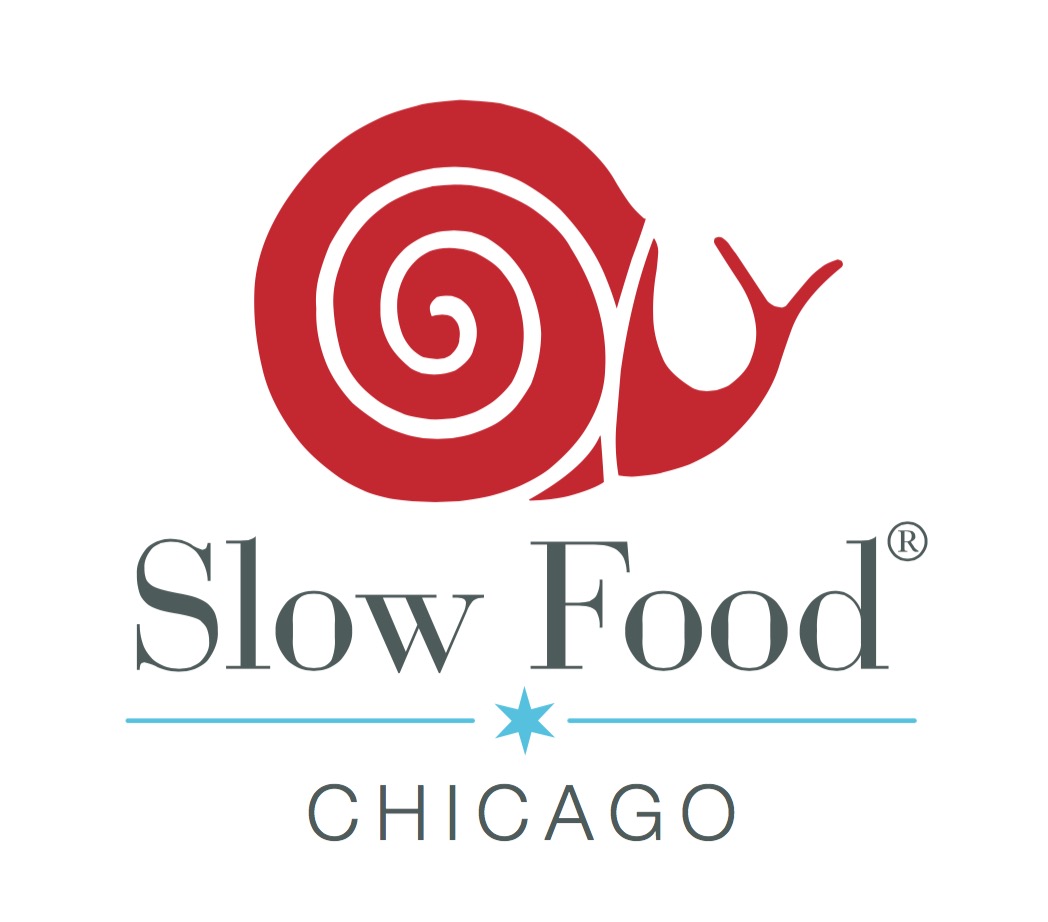Slow Meat is a movement that actualizes the culture of confinement issue and an event that brings together ranchers, farmers, butchers, chefs, eaters and more to share ideas on how we can turn the herd toward meat that is good, clean and fair for all.
Eat Better, Eat Less
Eating better meat creates:
Improved working environment for producers and quality of life for animals
More complex and delicious flavors
Animal and plant diversity in the field
Healthier local food economies
And eating less meat creates:
Opportunities to explore the flavors of vegetables, grains, and culinary traditions from many cultures
Resilient ecosystems, less threatened by environmental damage
Frugality and inspiration in the kitchen
Slow Meat Efforts
Slow Food Chicago has promoted awareness and engagement of Slow Meat through a variety of events and programs, such as:
Farm Roast - Our historical Farm Roast celebrates Slow Meat by featuring sustainable, local producers and celebrating a diversity of animal breeds and and cuts of meat
Food Book Club - Our Food Book Club, in partnership with Graze Magazine, explores the themes of good, clean, fair food on the page. Our very first meeting featured the book The Carnivore's Manifesto, written by Slow Food USA founder Patrick Martins.











